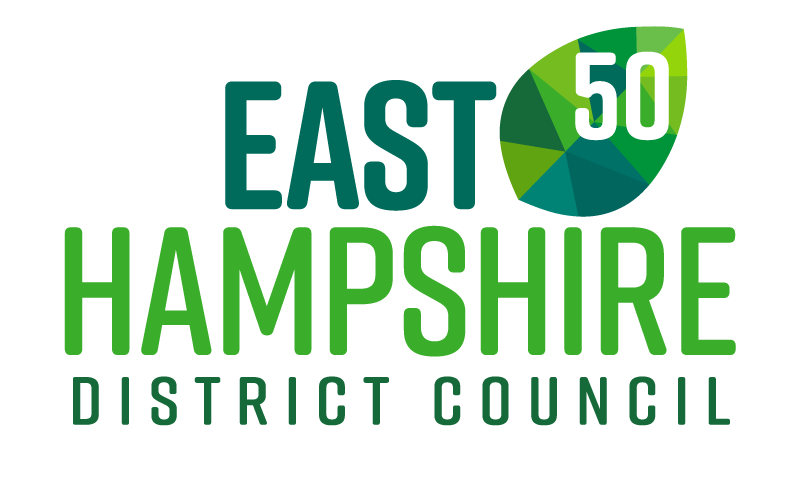Freedom of Information requests show there is a demand for a variety of data from East Hampshire District Council’s business rate records.
We publish a list of all businesses liable for non-domestic rates and this information is published on a quarterly basis.
Personal information has been redacted in accordance with the Freedom of Information Act 2000. The ratepayer is the person liable to pay the charge.
Account references are not included as these are personal to the account.
Business rates
2024
- January 2024 (xls 377 kb)
2023
- October 2023 (xls 377 kb)
- July 2023 (xls 1.1 mb)
- April 2023 (xls 547 kb)
2022
- November 2022 (xls 367 kb)
- July 2022 (xls 461 kb)
- April 2022 (xls 388 kb)
2021
- December 2021 (xls 429 kb)
- August 2021 (xls 420 kb)
- May 2021 (xls 366 kb)
- January 2021 (xls 388 kb)
2020
- September 2020 (xls 390 kb)
- June 2020 (xls 401 kb)
- April 2020 (xls 443 kb)
- January 2020 (xls 543 kb)
2019
- October 2019 (xls 447 kb)
- July 2019 (xls 395 kb)
- April 2019 (xls 656 kb)
- January 2019 (xls 347 kb)
2018
- October 2018 (xls 350 kb)
- September 2018 (xls 347 kb)
- April 2018 (xls 352 kb)
- January 2018 (xls 484 kb)
2017
- October 2017 (xls 412 kb)
Business rates accounts in credit
We will no longer publish our business rate credits on our website.
We are frequently asked for lists of business rates accounts which are in credit. Although we do hold this information we have decided that this information is exempt from disclosure under section 31(1)(a) of the Freedom of Information Act 2000.
Under the Freedom of Information Act 2000, Section 31, information is exempt if its disclosure under this Act would, or would be likely to, prejudice the prevention or detection of crime. This exemption can be used to withhold information that would make anyone, including the public authority itself, more vulnerable to crime.
Disclosure of the names of businesses or addresses of Business Rates accounts which are in credit would increase the likelihood of potential fraudsters using this information to identify businesses which are, or could be, entitled to claim credits on their accounts. Once a business is identified, there are several ways fraudsters could target these businesses and illegally access or gain those funds.
Factors in favour of disclosure
- There are general arguments in promoting transparency and accountability of public authorities especially in our use of public money.
- Withholding the information might look like East Hampshire District Council is trying to keep money that belongs to those businesses.
- There might be businesses who are due a refund but haven’t received the communications from us telling them.
Factors in favour of withholding
- There is an inherent public interest in crime prevention.
- There is a public interest in ensuring that public money, like rebates on business accounts, are not fraudulently claimed.
- There is public interest in not making it easier for fraud to be committed.
- Disclosure will increase inconvenience to genuine business claimants as the council's current verification procedure for refund claims is simple and cost effective. If we publish this information we will need to have new more rigorous checks in place before we can issue refunds. This will require us to obtain more documentary proof than is already required, which will in turn make issuing refunds much more time consuming and will increase the inconvenience to all applicable businesses. East Hampshire District Council considers that this would not be proportionate to the benefits of publishing this information.
- Disclosure will cause inconvenience to the council because we would have to introduce extra verification steps into our currently system, this would incur a lot of extra work for the council.
- Successful fraudulent claims would mean that the council would:
- incur the cost of paying money to the fraudster;
- still be liable to the legitimate businesses rate payer and making it more likely we would have to pay out twice and;
- incur additional costs (legal and management time) trying to get the money back from the fraudster.
These additional costs would be paid from the council’s budget which is public money.
We have assessed the public interest in disclosing this information, which has been carefully weighed against any public interest in withholding this information. The Council has decided that the public interest in maintaining exemption 31(1)(a) outweighs the public interest in disclosing this information.
This approach was recently upheld by the Information Commissioner in a Decision Notice involving Wandsworth Council in February 2017.
